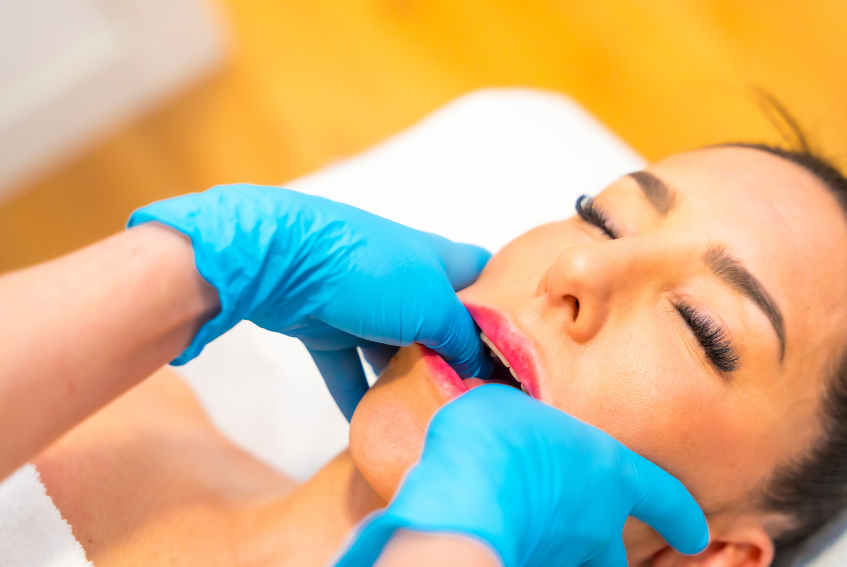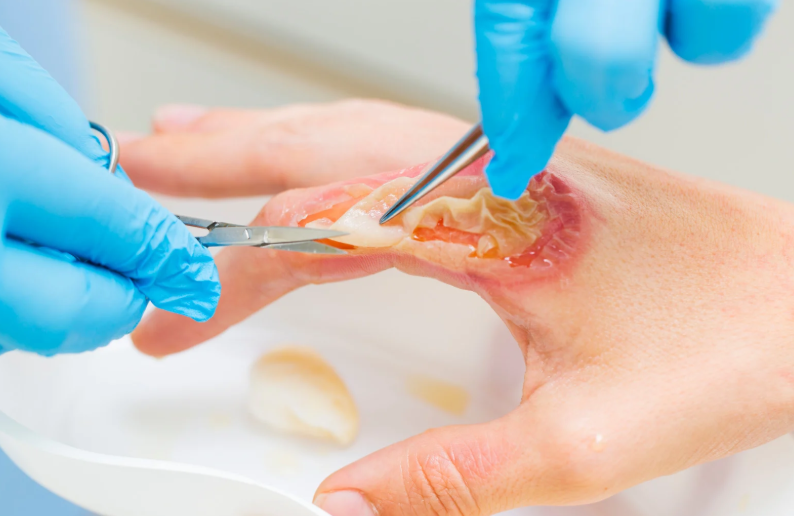TMJ syndrome, affecting millions worldwide, is a condition that can significantly disrupt daily life. Individuals suffering from this disorder often experience pain in the jaw joint and surrounding muscles, leading to difficulties in speaking, chewing, and even sleeping. Understanding the effective strategies for TMJ syndrome treatment is essential for anyone seeking relief from this debilitating condition. In this blog, we will explore various treatment options that can help manage symptoms and improve quality of life.
Understanding TMJ Syndrome
What is TMJ Syndrome?
TMJ syndrome, or temporomandibular joint syndrome, refers to a collection of disorders affecting the jaw joint and the muscles controlling jaw movement. This condition is characterized by symptoms such as jaw pain, facial discomfort, and clicking sounds during movement. Recognizing the need for effective TMJ syndrome treatment is crucial, as early intervention can prevent the condition from worsening.
Causes of TMJ Syndrome
The causes of TMJ syndrome are varied and can include physical trauma, stress-related muscle tension, teeth grinding (bruxism), and even arthritis. These factors can lead to inflammation and dysfunction in the jaw joint, causing pain and discomfort. Identifying the underlying causes is vital in formulating a tailored TMJ syndrome treatment plan that addresses specific symptoms and contributing factors.
Recognizing Symptoms of TMJ Syndrome
Common Symptoms to Look For
Common symptoms of TMJ syndrome include persistent jaw pain, headaches, earaches, and a noticeable clicking or popping sound when moving the jaw. Individuals may also experience difficulty opening their mouths fully or a feeling of tightness in the jaw muscles. Understanding these symptoms is crucial for determining the need for TMJ syndrome treatment and seeking professional advice when necessary.
When to Seek Professional Help
If you experience any of the symptoms associated with TMJ syndrome, it is essential to consult a healthcare provider. Early diagnosis and intervention can lead to more effective TMJ syndrome treatment options. If your symptoms persist or worsen, seeking professional help can provide you with a comprehensive assessment and tailored treatment plan.
Effective Strategies for TMJ Syndrome Treatment
Home Remedies and Self-Care Techniques
Implementing home remedies can significantly alleviate the discomfort associated with TMJ syndrome. Heat and cold therapy, for instance, can reduce inflammation and relieve pain. Additionally, dietary changes such as consuming soft foods and staying hydrated can ease the stress on your jaw. Incorporating gentle jaw exercises and relaxation techniques can also be beneficial in your TMJ syndrome treatment journey, promoting muscle relaxation and improved joint function.
Over-the-Counter Medications
Over-the-counter medications play a crucial role in TMJ syndrome treatment. Nonsteroidal anti-inflammatory drugs (NSAIDs) and analgesics can effectively reduce pain and inflammation. However, it is essential to consult a healthcare professional before starting any medication, as they can help guide you on appropriate dosages and potential side effects.
Physical Therapy Options
Physical therapy is an effective strategy in TMJ syndrome treatment. A qualified therapist can design a personalized program that includes exercises to strengthen jaw muscles, improve flexibility, and reduce pain. Regular sessions can significantly enhance your recovery and help you manage symptoms more effectively.
Alternative Therapies
Alternative therapies can complement traditional TMJ syndrome treatment methods. Acupuncture has gained popularity for its ability to relieve pain and promote healing by targeting specific pressure points. Similarly, chiropractic care can help align the jaw and alleviate tension in the surrounding muscles, offering a holistic approach to managing TMJ syndrome.
Professional Dental Treatments
For more severe cases of TMJ syndrome, professional dental treatments may be necessary. Dental splints or mouthguards can be used to reduce teeth grinding and relieve pressure on the jaw joint. In some cases, surgical options may be considered. Consulting a dental professional is vital to explore all available TMJ syndrome treatment options and determine the best course of action for your specific needs.
Preventive Measures to Avoid TMJ Syndrome
Lifestyle Adjustments
Preventing TMJ syndrome requires a proactive approach to lifestyle changes. Stress management techniques, such as mindfulness meditation and yoga, can significantly reduce muscle tension in the jaw. Additionally, maintaining good posture and jaw alignment during daily activities can help minimize the risk of developing TMJ syndrome.
Regular Dental Check-ups
Regular dental check-ups are crucial in preventing TMJ syndrome. Dental professionals can identify early signs of the condition and recommend appropriate preventive measures. Early intervention can save you from the discomfort and pain associated with TMJ syndrome, ensuring that you maintain optimal oral health.
Takeaway
Understanding the effective strategies for TMJ syndrome treatment is essential for anyone experiencing the symptoms of this condition. From home remedies and over-the-counter medications to professional therapies and preventive measures, a variety of options are available to help you find relief. If you are struggling with TMJ syndrome, do not hesitate to seek professional help to explore the best treatment options tailored to your needs. Your journey from pain to relief starts today!











